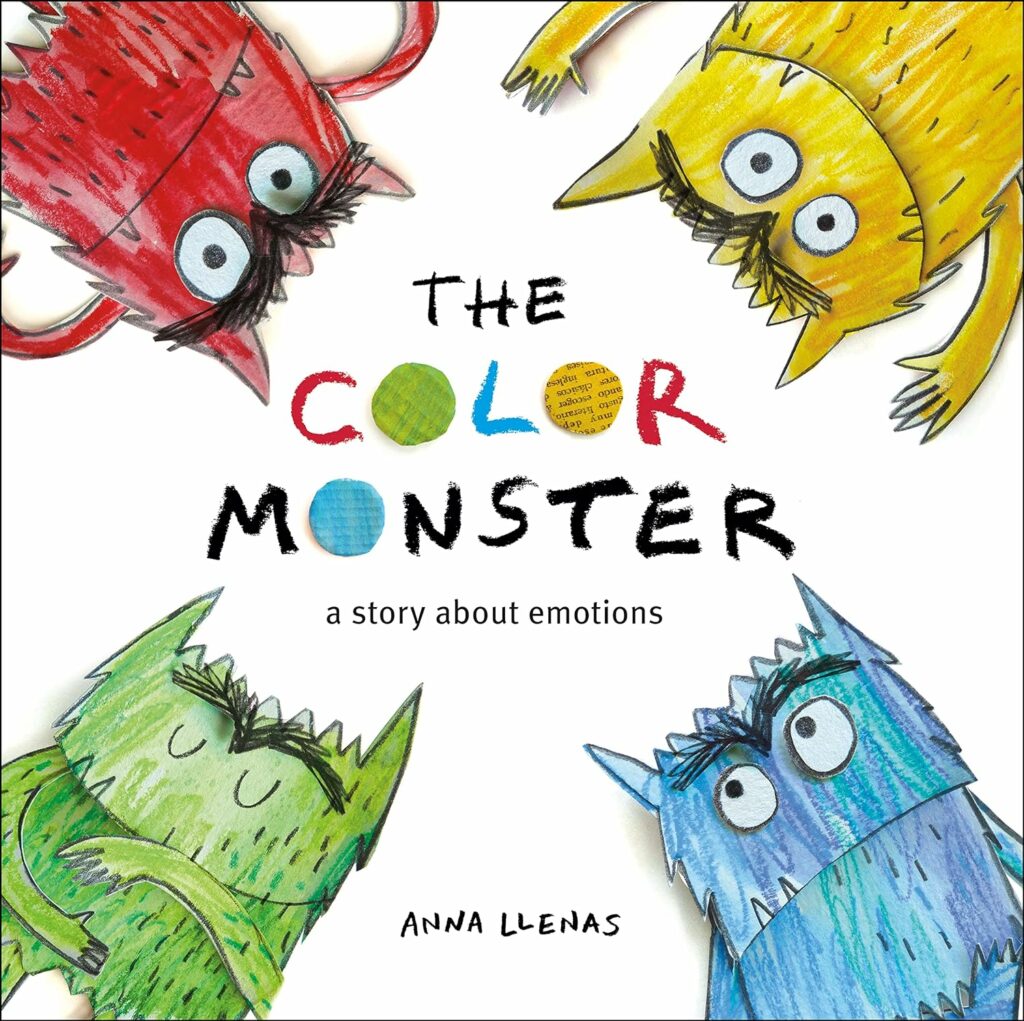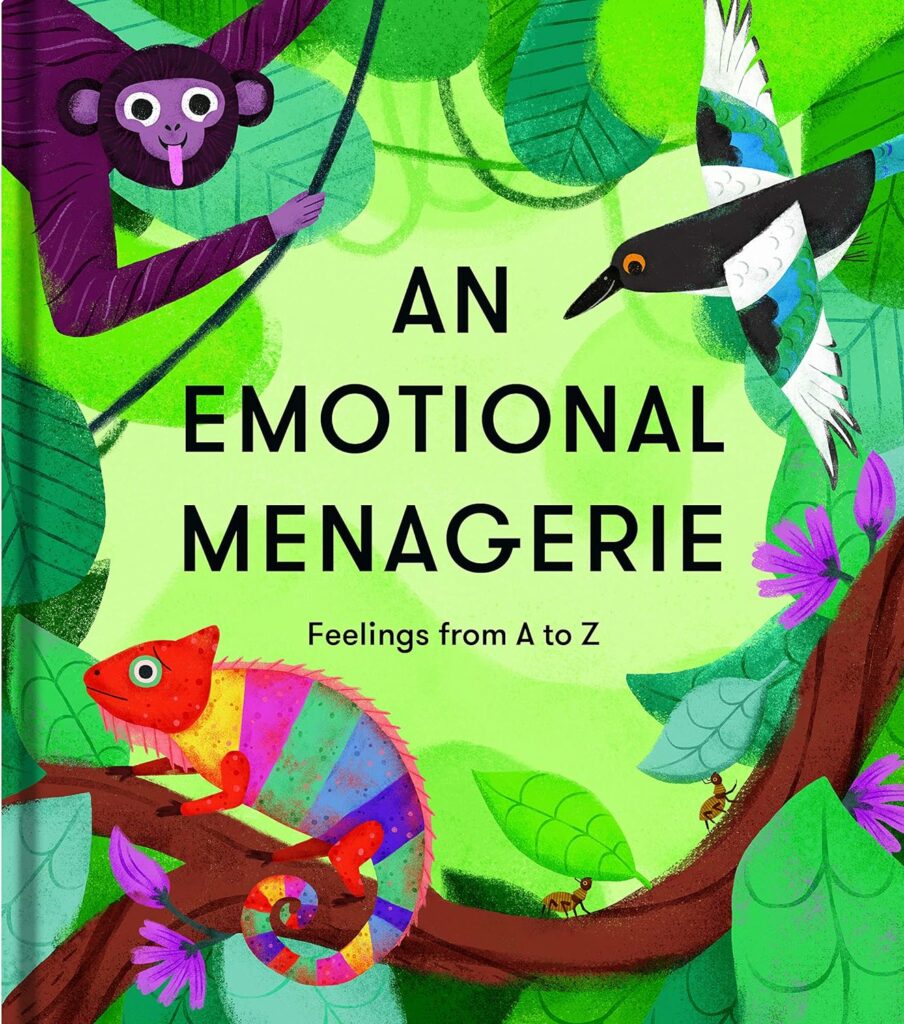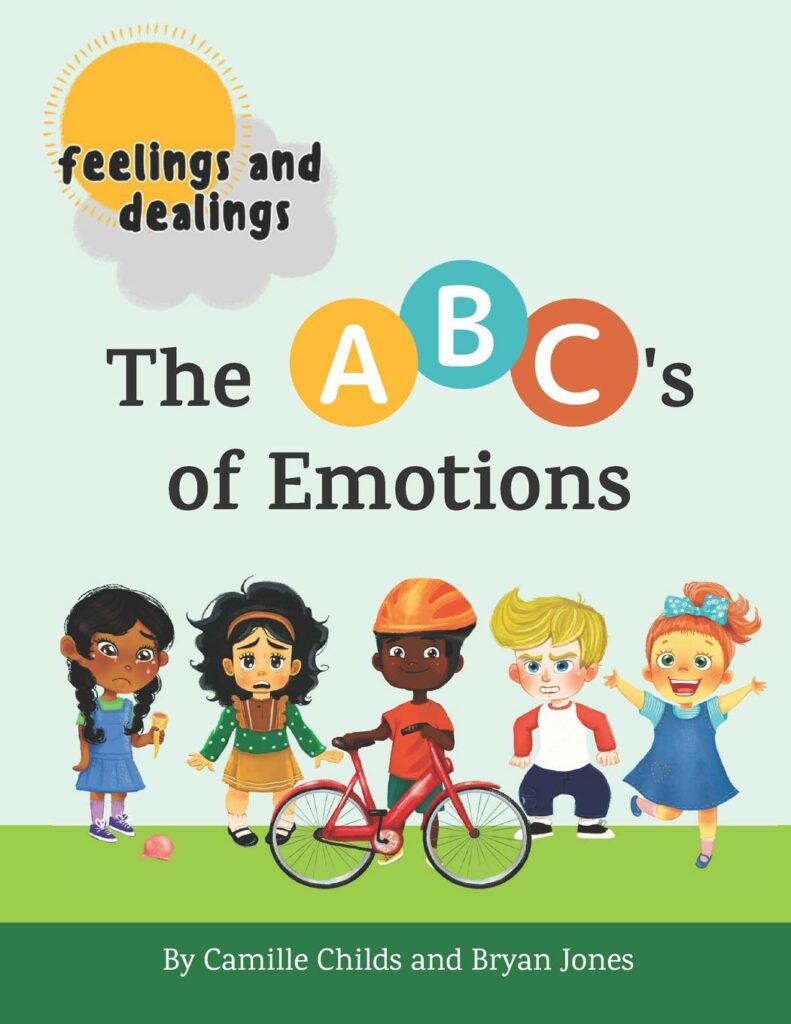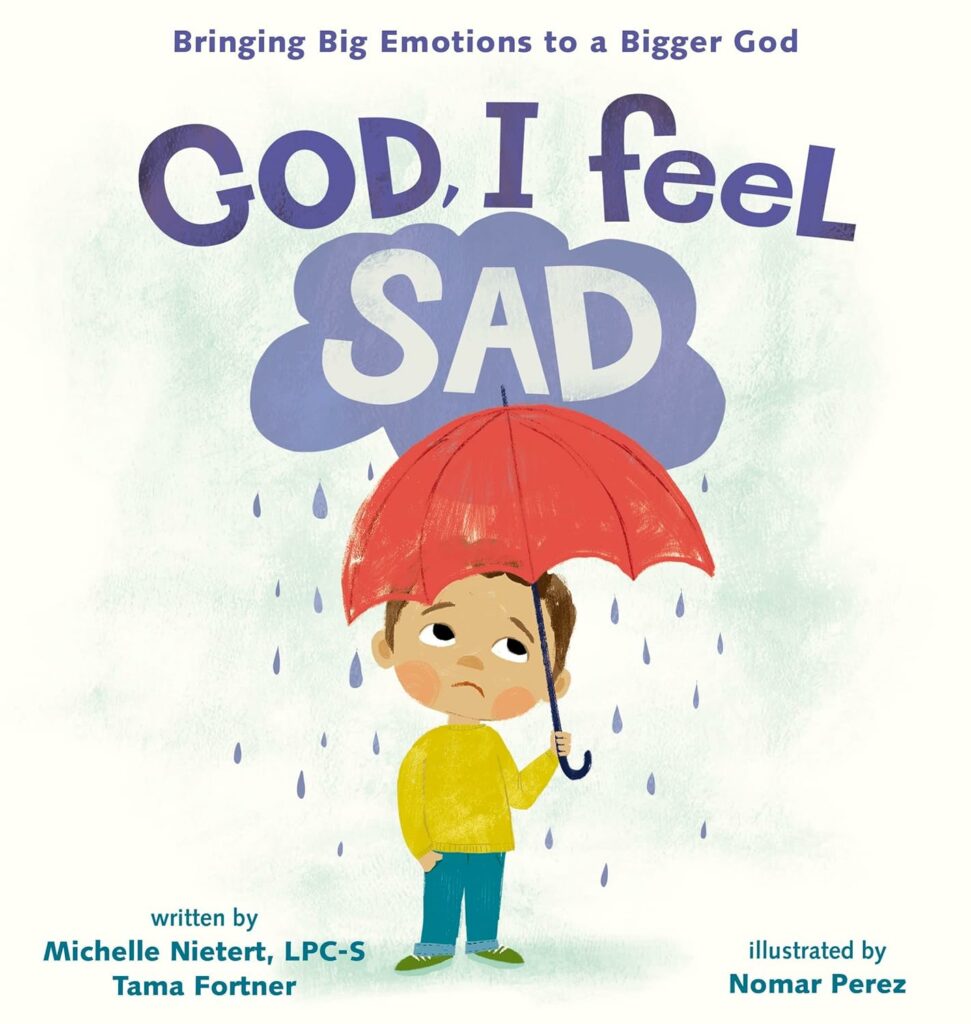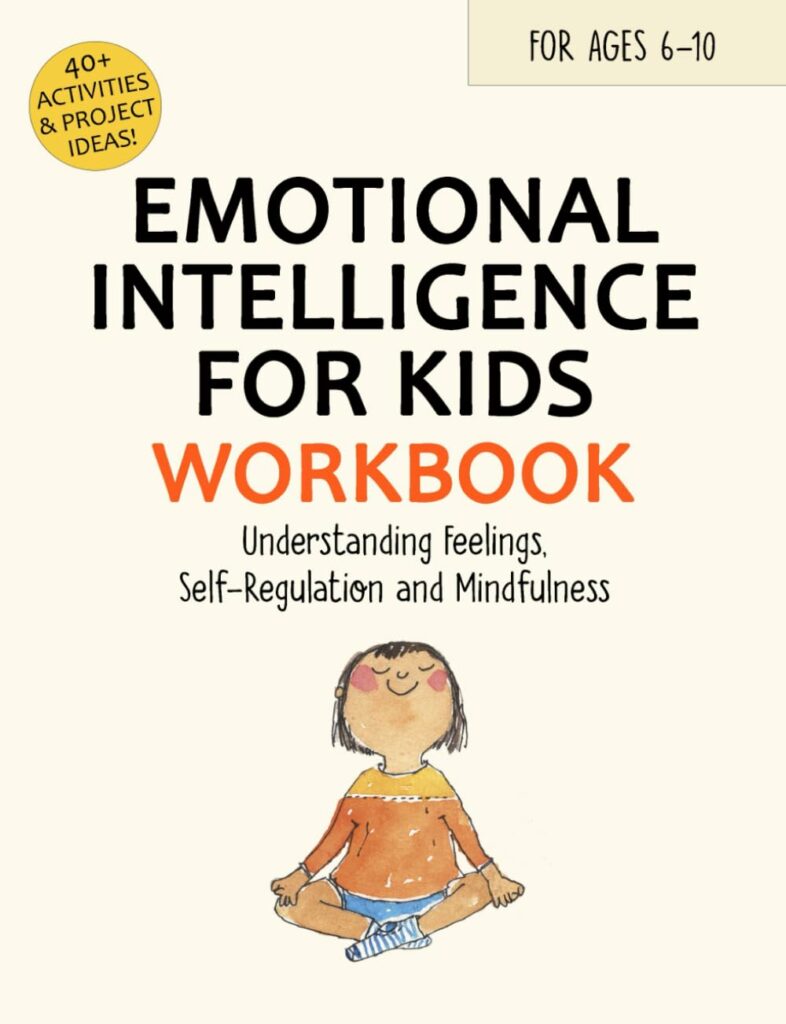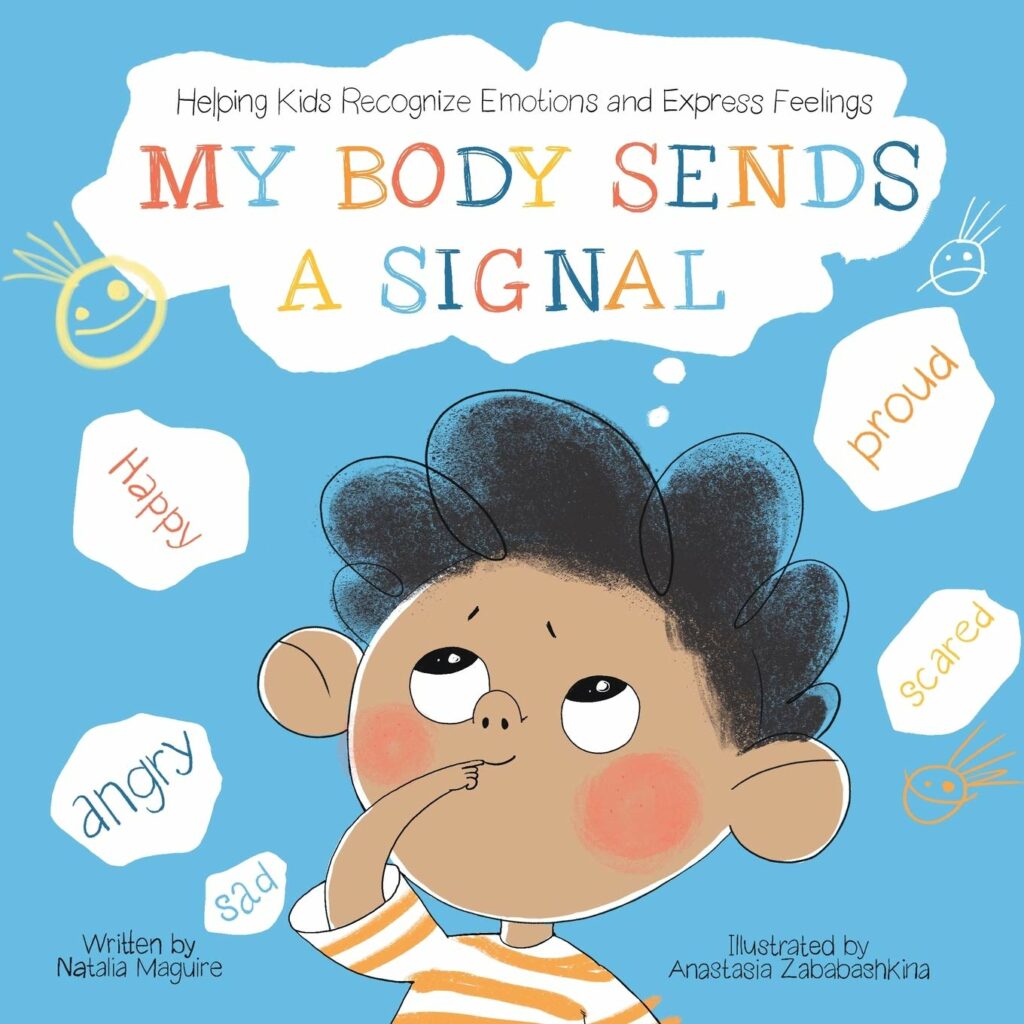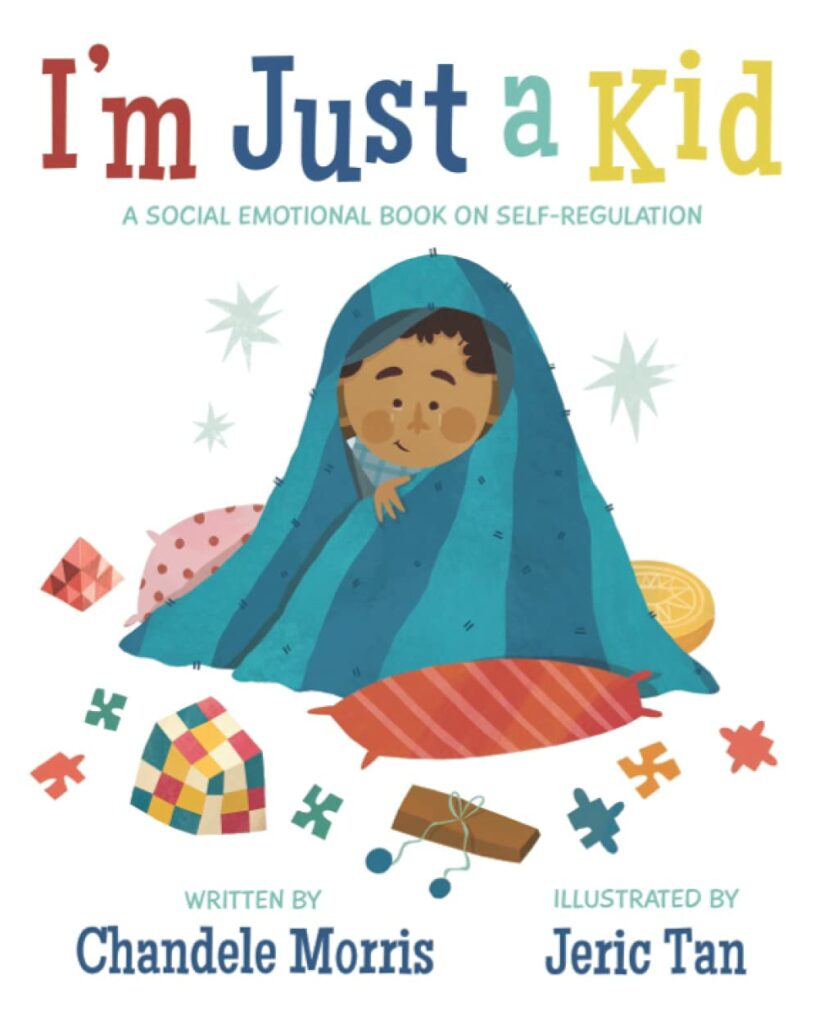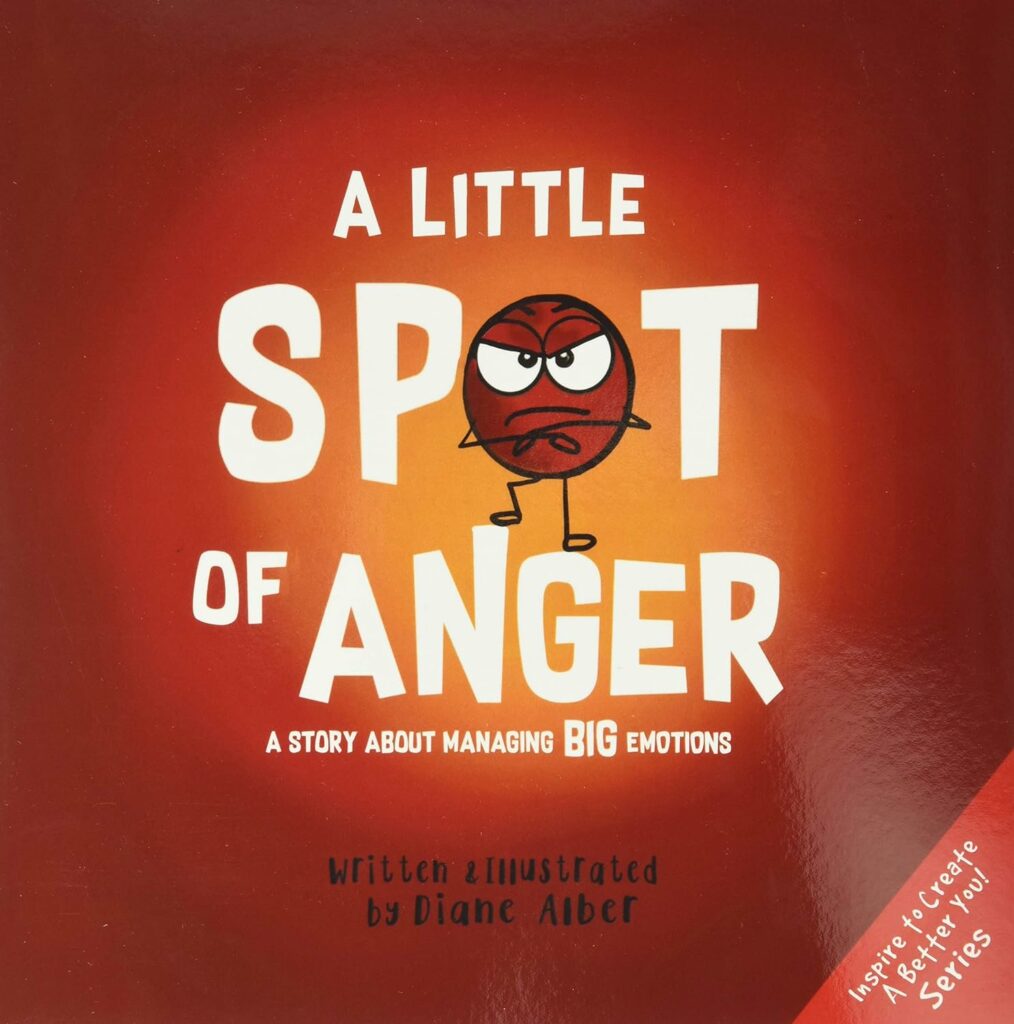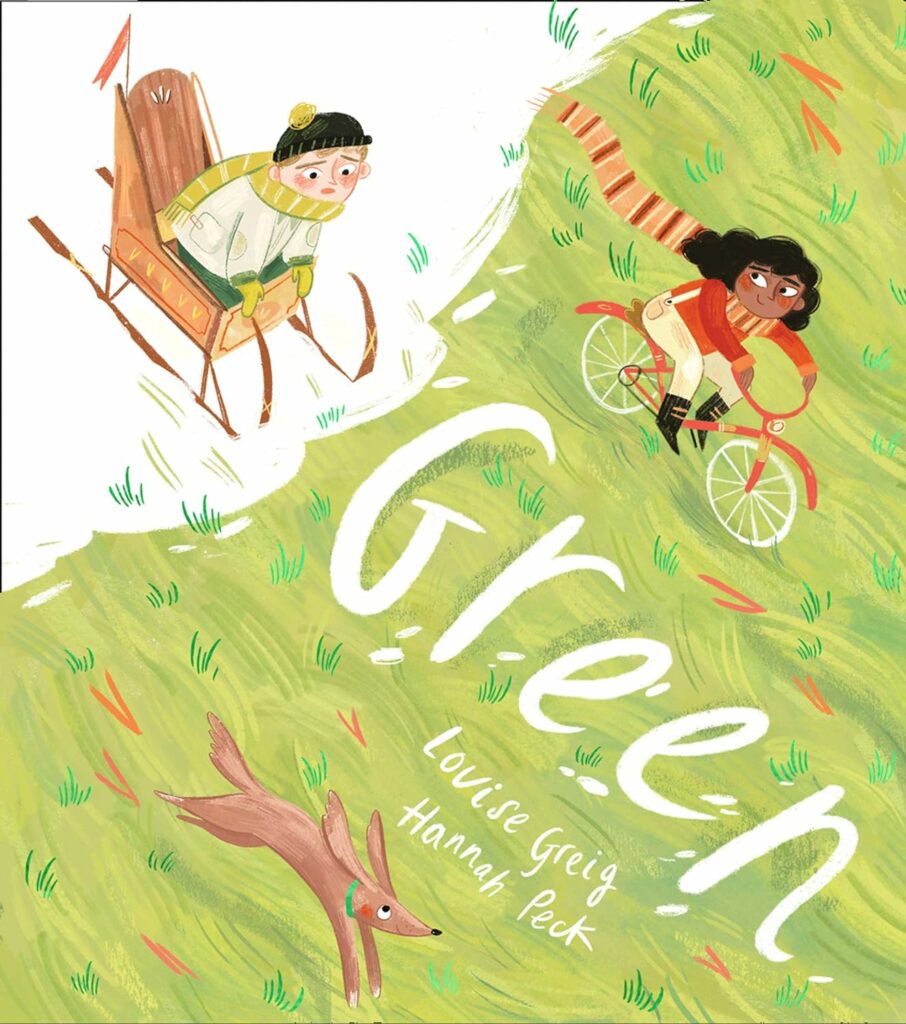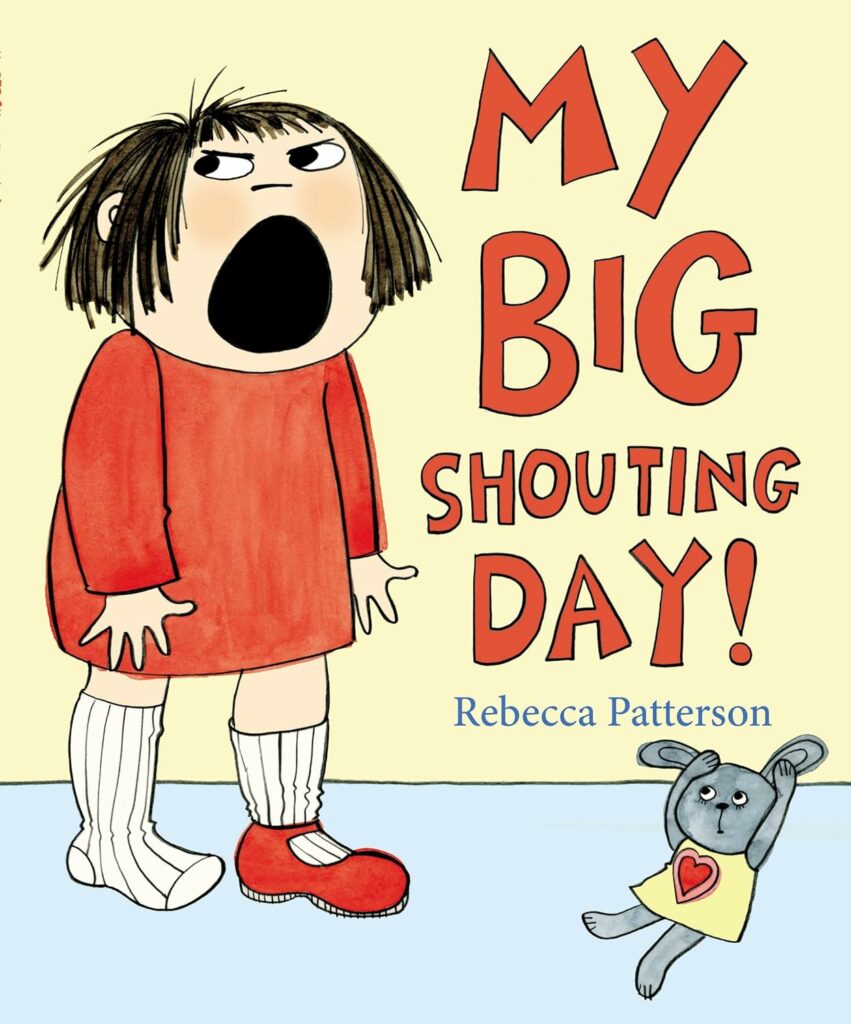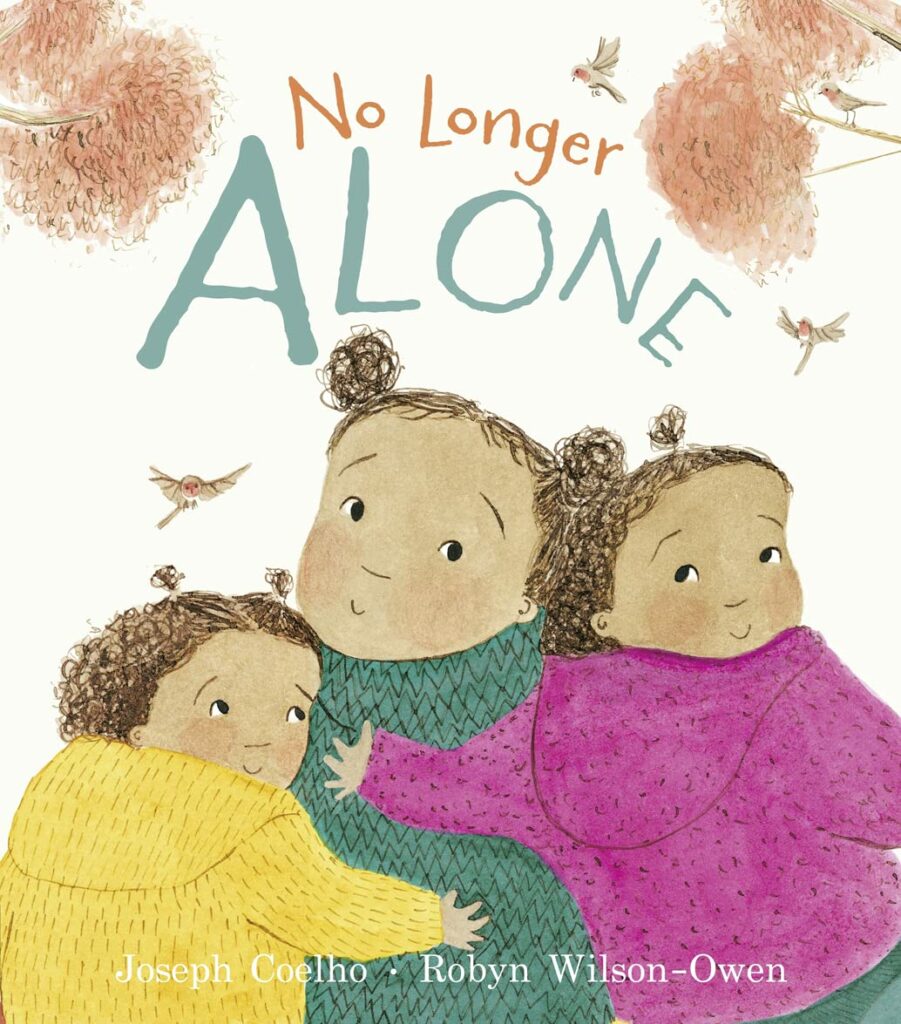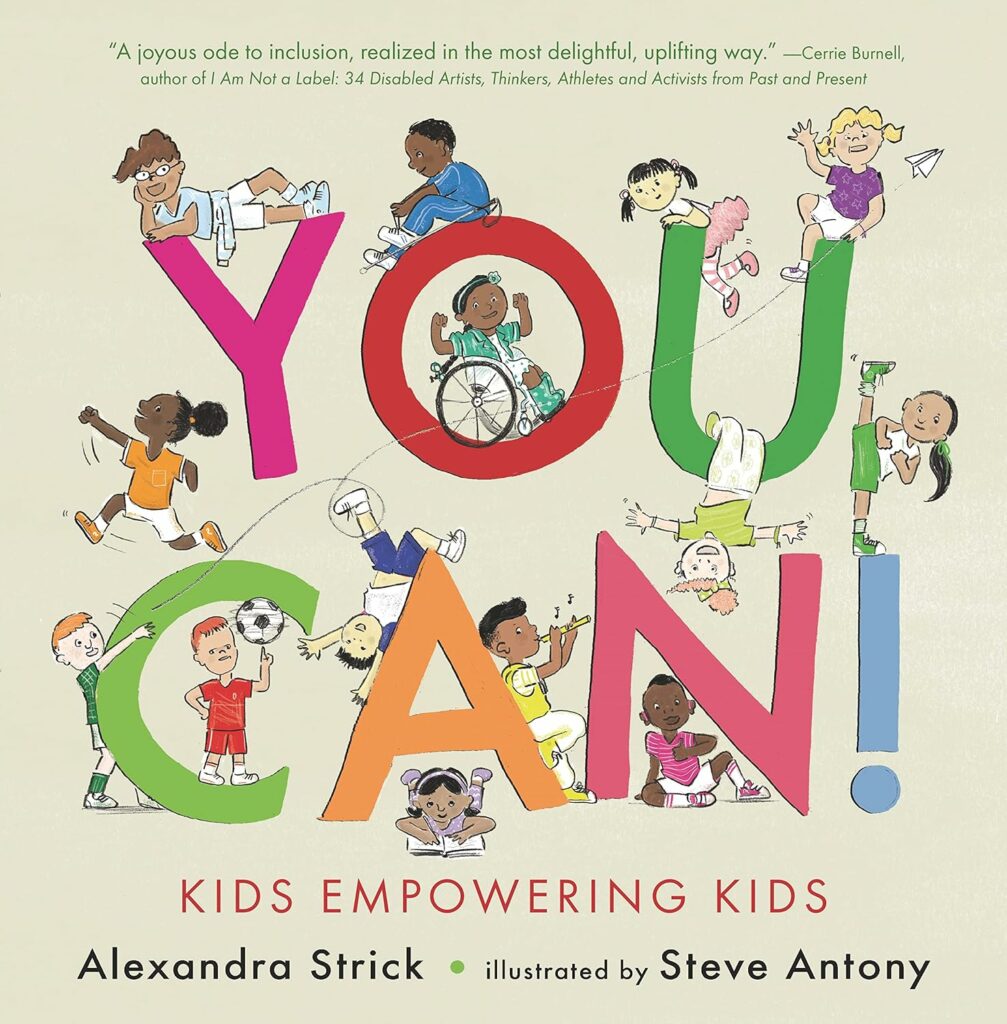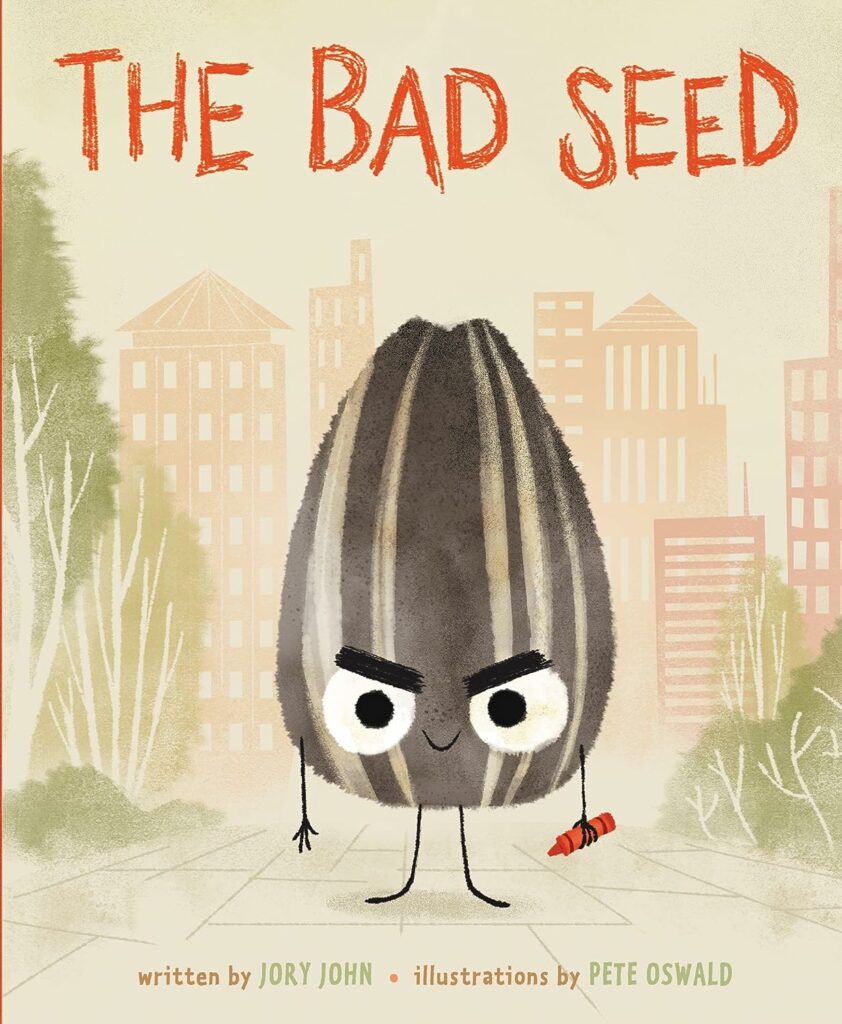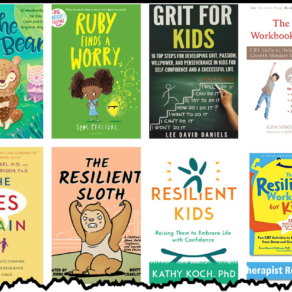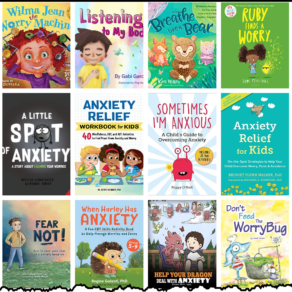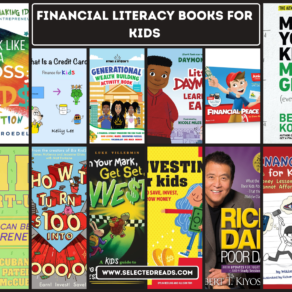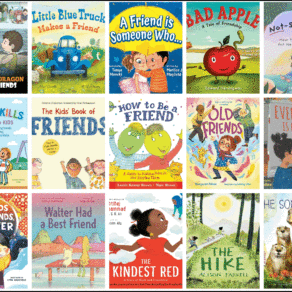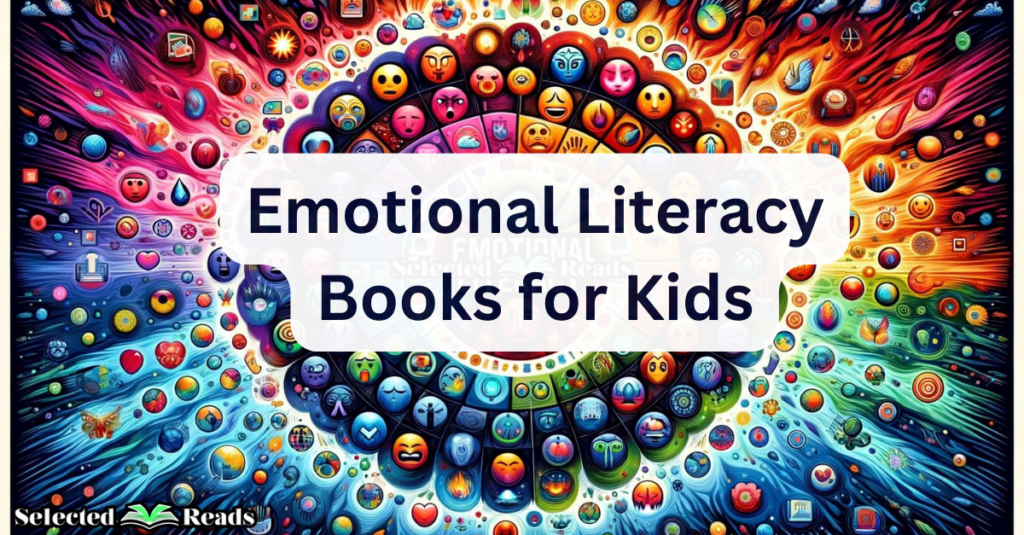
Navigating the world of emotions can be a complex journey for children, often filled with unspoken questions and unexpressed feelings. As educators and parents, one of our biggest challenges is helping our young ones not only recognize but also understand and articulate their emotions. This is where the power of a good book comes into play. Today, I want to share with you a curated collection of some great emotional literacy books for kids.
From the joyous peaks of happiness to the sometimes daunting valleys of sadness and anger, each of these books offers a unique window into the emotional world of children. Whether it’s a tale of a seed learning to change its ‘bad’ ways or a story about a day filled with shouts and screams, these books cover a wide range of emotions, presenting them in ways that are both relatable and understandable to young minds.
Emotional Literacy Books for Kids
Here are our top picks for emotional literacy books for kids:
1. The Color Monster: A Story About Emotions , by Anna Llenas
“The Color Monster: A Story About Emotions” by Anna Llenas presents a unique and engaging way to help children understand their emotions. Through the journey of the Color Monster, who wakes up feeling a whirlwind of emotions, the book cleverly uses colors to represent different feelings. A little girl aids the Monster in navigating his emotional landscape, assigning colors like happiness to yellow and sadness to blue, thereby offering a visual and easy-to-understand method for kids to identify and articulate their feelings. This story not only aids in socio-emotional development but also introduces basic color concepts, making it a valuable resource for parents and educators in nurturing emotional intelligence in children.
2. An Emotional Menagerie: Feelings from A to Z, by The School of Life, Alain de Botton (Editor)
“An Emotional Menagerie: Feelings from A to Z,” edited by Alain de Botton and authored by The School of Life, is a poetic and insightful journey through the alphabet of emotions. This book is an emotional glossary, presenting 26 rhyming poems that personify each feeling as an animal, from Anger to Zeal, offering children a rich vocabulary to express their emotions. It’s an inventive approach to emotional literacy, helping kids understand and articulate their feelings. The book not only entertains with its charming illustrations and musical language but also serves as a therapeutic guide, making it an excellent tool for parents and educators to foster emotional understanding and empathy in children.
3. Feelings and Dealings: The ABC’s of Emotions, by Camille Childs, Bryan Jones
“Feelings and Dealings: The ABC’s of Emotions” by Camille Childs and Bryan Jones is a compelling Social Emotional Learning (SEL) storybook. It’s designed to help children ages 3-8 develop empathy, emotional intelligence, and social skills through an engaging alphabetical journey of 26 common emotions. Each emotion is presented with rhyme, aiding in recognition through facial expressions, body language, and social contexts. This book is a therapeutic tool that not only educates but also connects with children, making it an invaluable resource for parents, teachers, and mental health professionals aiming to nurture emotional health and interpersonal skills in young learners.
4. I Feel: A book about recognizing and understanding emotions, by Cheri J. Meiners
Cheri J. Meiners’ “I Feel: A book about recognizing and understanding emotions” is part of the “Learning About Me & You” series, tailored for toddlers and young preschoolers. This book addresses the fluctuating nature of emotions, categorizing them into ‘up’ feelings like happiness and ‘down’ feelings like sadness. Meiners uses simple language and warm illustrations to guide children through the process of identifying their emotions and learning that their actions can influence how they feel. The book is a comforting tool for young children to learn that seeking help and expressing their feelings is normal and healthy, making it a great addition to any caregiver’s toolkit for fostering emotional literacy and self-awareness in children.
Related: Best Math Books for Elementary Students
5. Be Mindful of Monsters: A Book for Helping Children Accept Their Emotions, by Lauren Stockly
“Be Mindful of Monsters” by Lauren Stockly is a deeply empathetic and insightful book that addresses the challenge children face in dealing with intense and often overwhelming emotions. The story centers around Ezzy, a relatable character whose emotions manifest as monsters, symbolizing the daunting nature of intense feelings. Stockly, a practicing play therapist, crafts a narrative that not only engages children but also educates them on the importance of accepting and understanding their emotions. The book is particularly effective in therapeutic settings, classrooms, and homes for Social Emotional Learning. Its inclusive storytelling, coupled with the availability of a complementary therapeutic workbook and feelings chart, makes it a comprehensive tool for aiding children in emotional management and self-acceptance.
6. God, I Feel Sad: Bringing Big Emotions to a Bigger God, by Michelle Nietert, Tama Fortner
“God, I Feel Sad: Bringing Big Emotions to a Bigger God” by Michelle Nietert and Tama Fortner addresses the complex emotion of sadness in children, emphasizing its normalcy and potential for growth. The book guides children to understand that feeling sad is a part of life and that it can be a pathway to connect more deeply with God. With accessible text and engaging art, the book encourages young readers to embrace sadness as an emotion that doesn’t need to be avoided but can be used for personal development. The included tips for parents and caregivers offer practical ways to help children process their feelings constructively.
7. Emotional Intelligence for Kids Workbook: Understanding Feelings, Self-Regulation and Mindfulness, by Catherine Stephenson
Catherine Stephenson’s “Emotional Intelligence for Kids Workbook” is an interactive guide to help children develop a strong foundation in emotional intelligence. This workbook encompasses various aspects of emotional learning, including recognizing and managing different feelings, developing coping skills, nurturing self-esteem and empathy, and building social skills. Packed with activities, games, journal ideas, and hands-on projects, it makes learning about emotions engaging and relatable for children. It’s an excellent resource for parents and educators to support children in understanding their feelings and building essential life skills in a fun and interactive way.
8. My Body Sends a Signal: Helping Kids Recognize Emotions and Express Feelings, by Natalia Maguire
In “My Body Sends a Signal” by Natalia Maguire, children are taught about emotions and feelings in a clear, engaging, and interactive manner. The book combines a relatable story with vibrant illustrations and various hands-on activities, such as games, puzzles, and coloring pages. It serves as an all-encompassing educational tool that helps children understand their emotions, recognize the physical signals of their feelings, and learn empathy. Additionally, the book includes valuable resources for adults, like emotion cards and follow-up activities, making it an ideal choice for parents and educators seeking comprehensive emotional education materials for children.
9. I Can Do Hard Things: Mindful Affirmations for Kids, by Gabi Garcia
Gabi Garcia’s “I Can Do Hard Things: Mindful Affirmations for Kids” is a powerful book that instills resilience and self-belief in children. The book focuses on the importance of positive self-talk and introduces children to mindful affirmations as a tool to harness inner strength in challenging times. Emphasizing the diversity of our world, it’s an essential addition to any social-emotional library at home or in schools. The Spanish version, “Yo Puedo Hacer Cosas difíciles,” extends its reach to a broader audience, making its empowering message accessible to more children.
10. I’m Just a Kid: A Social-Emotional Book about Self-Regulation, by Chandele Morris
Chandele Morris’ “I’m Just a Kid: A Social-Emotional Book about Self-Regulation” explores the emotional world of children through the character Ben. This book addresses the universal experience of frustration in children, especially when faced with challenging situations. Through Ben’s story, readers learn about self-regulation and emotional resilience. The narrative focuses on mindful engagement and the importance of seeking help, making it a valuable resource for parents and educators in guiding children to cope with big emotions and develop healthy emotional responses.
11. A Little SPOT of Anger: A Story About Managing BIG Emotions, by Diane Alber
Diane Alber’s “A Little SPOT of Anger: A Story About Managing BIG Emotions” is a creative and instructive book for children, teaching them how to handle anger. The story uses the metaphor of a bright red spot to represent anger, helping children visualize and understand their feelings. It offers practical techniques, like counting and breathing exercises, to manage anger effectively. The book is an excellent tool for parents and educators to help children learn how to deal with frustration calmly and constructively, promoting emotional intelligence and self-regulation skills from a young age.
12. Green, by Louise Greig
“Green” by Louise Greig is a lyrical exploration of emotions through the changing seasons, focusing on the theme of envy. The story follows Ed, who finds joy in the white of winter and his sleek sled, but his contentment is challenged when he sees newer, shinier sleds. Driven by envy, Ed sets out to build the most spectacular sled, but in doing so, he misses the return of the green of spring. This tale, perfect for fans of heartwarming seasonal stories, offers a gentle introduction to understanding and coping with feelings of envy, underscored by its evocative, poetic narrative.
13. My Big Shouting Day, by Rebecca Patterson
Rebecca Patterson’s “My Big Shouting Day” captures the essence of a day filled with frustration and anger from a child’s perspective. It’s a vivid and relatable portrayal of those days when everything seems to go wrong, leading to outbursts and shouting. This book is an excellent tool for parents and educators to discuss emotions with children, helping them understand that such days are normal and that emotions like anger and frustration are part of life, providing a starting point for conversations about emotional regulation and expression.
14. No Longer Alone, by Joseph Coelho
“No Longer Alone” by Joseph Coelho is a poignant picture book that addresses complex emotions such as loss and loneliness through the voice of a young girl. The narrative follows her journey as she grapples with being labeled shy and quiet, and the tumult of emotions she experiences. The turning point comes when she shares her feelings with her father, illustrating the power of communication and the importance of family support. This beautifully written story offers hope and an uplifting message about self-expression and the significance of talking about worries.
15. You Can!: Kids Empowering Kids, by Alexandra Strick
“You Can!: Kids Empowering Kids” by Alexandra Strick is an empowering journey that celebrates personal growth and self-discovery from birth to adulthood. Following the lives of fourteen young individuals, the book encourages readers to embrace bravery, challenge themselves, and pursue their dreams. It’s a narrative that champions self-belief and resilience, especially during tough times, making it a fitting gift for young people at any significant life milestone. Steve Antony’s vibrant illustrations complement the inspiring text, making this book a beacon of encouragement for young readers.
16. The Bad Seed, by Jory John
“The Bad Seed” by Jory John is a humorous yet profound tale about transformation and self-acceptance. The story revolves around a seed with a bad temper and attitude, notorious for his misbehavior. However, a shift in perspective leads him to strive for happiness and change. This book is a wonderful tool for discussing character development and the importance of self-reflection. It’s an engaging and heartwarming story that illustrates how positive change is possible, resonating with readers of all ages and reminding them that everyone has the capacity to transform themselves.
Related: 10 Best Kids Books in 2023
Final thoughts
In a world where emotional intelligence is as important as academic success, these books are invaluable tools in our educational arsenal. They teach our children to name their feelings, embrace their emotional diversity, and most importantly, understand that they are not alone in their experiences.
For us as educators, parents, and caregivers, these emotional literacy books for kids open doors to meaningful conversations and deeper connections with the children in our lives. They encourage us to engage, to listen, and to guide our young ones as they navigate the complex world of emotions.
So, whether you’re a teacher looking for classroom resources, a parent seeking to bond with your child over a good book, or simply someone passionate about promoting emotional well-being in children, these emotional literacy books for kids are a treasure trove of insights, stories, and lessons.



